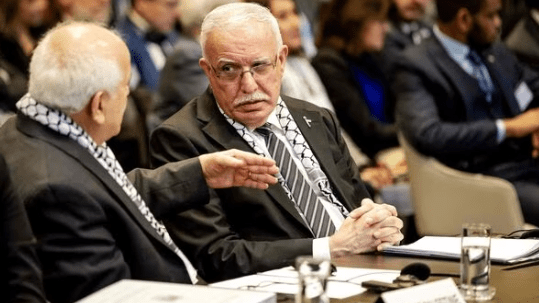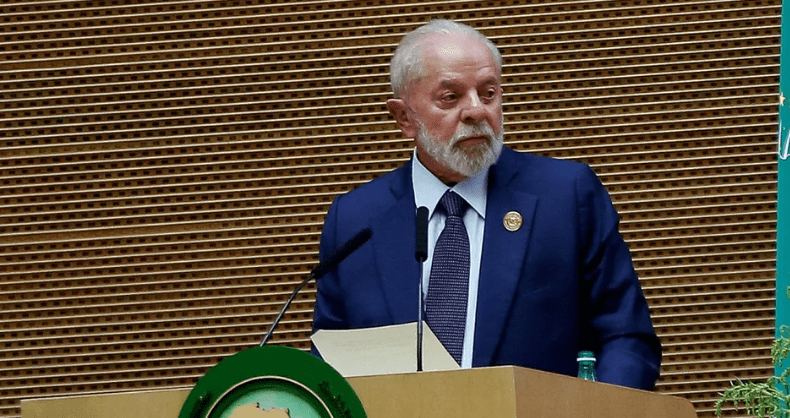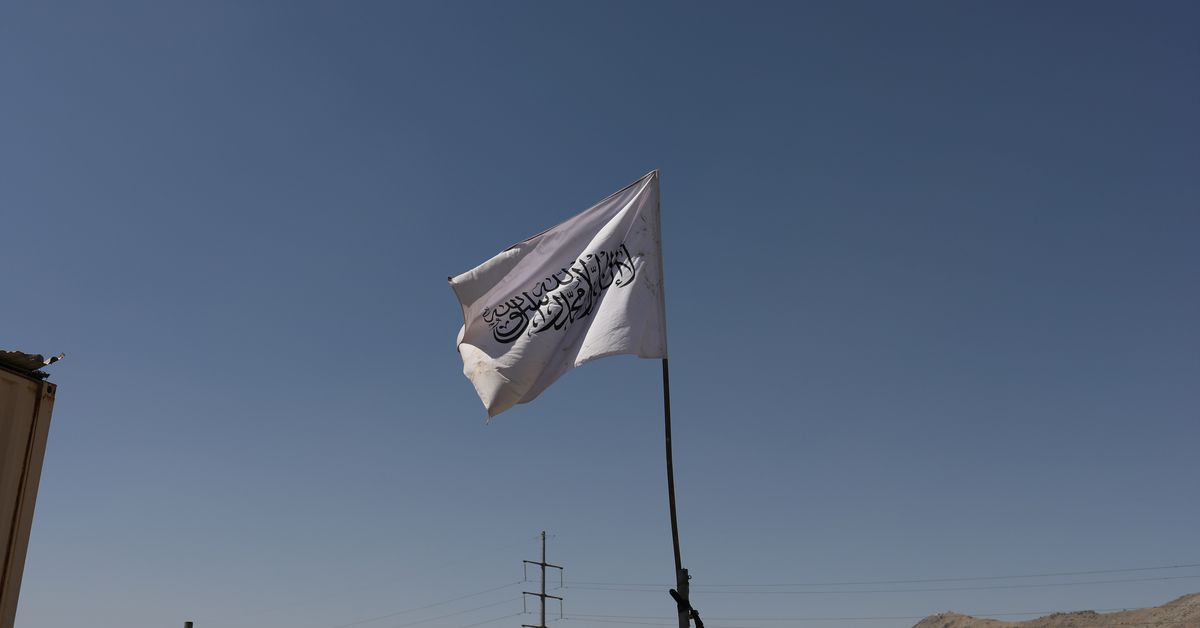Palestinian foreign minister Riyad Al-Maliki told the International Court of Justice (ICJ) on Monday that Palestinians are suffering “colonialism and apartheid” under Israelism and urged judges to order an “immediate and unconditional end to Israel’s occupation”.
“The Palestinians have endured colonialism and apartheid… There are those who are enraged by these words. They should be enraged by the reality we are suffering,” Al-Maliki told the ICJ.
Meanwhile, Palestinian representatives on Monday urged judges at the United Nation’s top court to declare Israel’s occupation of their land as unlawful, suggesting that an advisory opinion from the court could aid in achieving a two-state solution and lasting peace.
Reuters reported that the request was made at the commencement of a series of hearings at the ICJ in The Hague. The UN General Assembly had sought a non-binding advisory opinion on the occupation in 2022. Over 50 states are scheduled to present their arguments until February 26th.
Also Read: Palestinian Authority’s financial plight threatens US plans for post-war Gaza
Riad Mansour, the Palestinian representative to the United Nations, delivered a speech with emotion evident in his cracked voice and tearful eyes, “We call on you to confirm that Israel’s presence in the occupied Palestinian territory is illegal.”
Mansour added, “A finding from this distinguished court. ..would contribute to bringing (occupation) to an immediate end, paving a way to a just and lasting peace,” he said. “A future in which no Palestinians and no Israelis are killed. A future in which two states live side by side in peace and security.”
It is to be further noted that the ICJ’s 15-judge panel has been asked to review, “Israel’s occupation, settlement and annexation … including measures aimed at altering the demographic composition, character and status of the Holy City of Jerusalem, and from its adoption of related discriminatory legislation and measures.”
However, Israel chose not to participate in the hearings, instead submitting a 5-page written statement to the court, which was published on Monday. In the statement, Israel expressed concerns that an advisory opinion would hinder efforts to resolve the conflict, arguing that the questions posed by the UN General Assembly were biased.
The judges are expected to take approximately six months to provide an opinion on the request, which includes considerations regarding the legal status of the occupation and its ramifications.
The Oct. 7 attack by Hamas gunmen, resulting in 1,200 deaths and 250 hostages, prompted Israel’s invasion of Gaza, resulting in nearly 30,000 fatalities.
Israel gained control of the West Bank, Gaza, and East Jerusalem during the 1967 war, territories that Palestinians seek for their own state. Since then, Israel has constructed settlements in the West Bank and expanded them gradually. Israeli leaders argue that these territories were taken from Jordan and Egypt in war, rather than from an established Palestinian state, so they don’t consider them formally occupied.
However, the United Nations has consistently referred to these areas as occupied by Israel since 1967 and has called for Israeli withdrawal as a means to achieve peace. While a UN resolution in 1967 didn’t explicitly deem the occupation illegal, it stressed the necessity of Israeli forces pulling out.
Israel pulled out of Gaza in 2005, but it, along with Egypt, maintains control over the territory’s borders. Additionally, Israel has annexed East Jerusalem, a move that is not recognized by the majority of countries.









